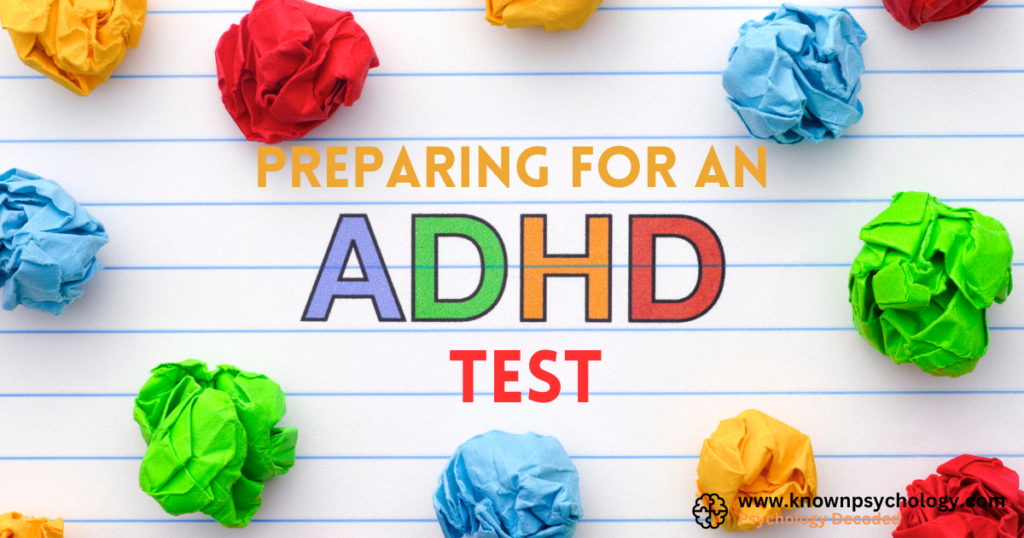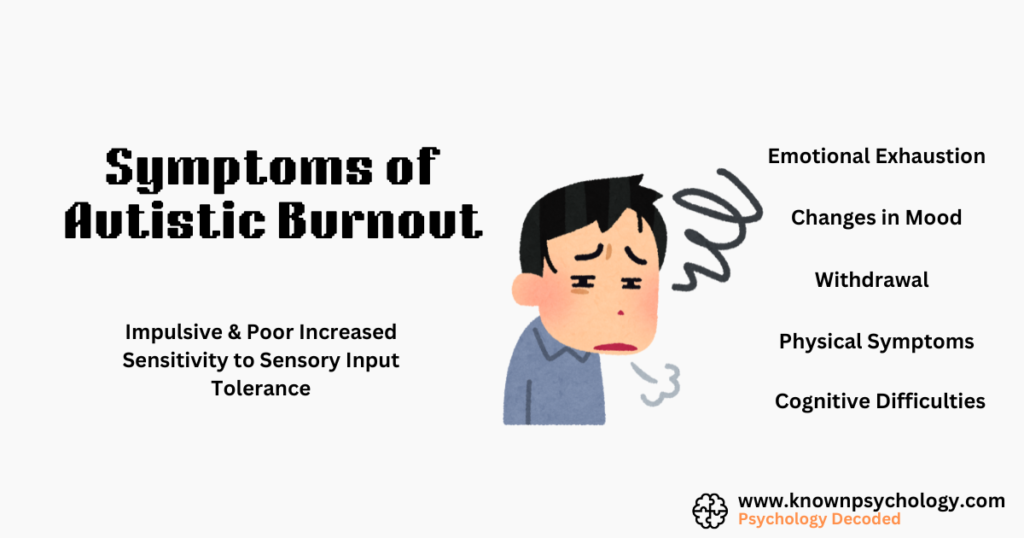Understanding the ADHD Test: Why It’s Important

Navigating the decision to get an ADHD test can be a pivotal moment for many individuals and their families. ADHD, or Attention-Deficit/Hyperactivity Disorder, is a common condition that affects both children and adults, impacting their ability to focus, stay organized, and manage impulses. Understanding when to seek an ADHD test and how to prepare for it can make the process smoother and more insightful. Here’s what you need to know to take this important step.
When Do You Need an ADHD Test?
Recognizing the signs that might warrant an ADHD test is the first crucial step. Some common indicators include:
- Persistent Inattention: Difficulty focusing on tasks, frequently losing items, and struggling to follow through on instructions.
- Hyperactivity: Constant fidgeting, inability to stay seated, excessive talking, and feeling restless.
- Impulsivity: Interrupting others, difficulty waiting for turns, and making hasty decisions without considering the consequences.
If these behaviors are significantly impacting daily life, school, or work, it might be time to consider an ADHD test. Consulting with a healthcare provider can help determine if these symptoms align with ADHD or if they are related to other conditions.
Preparing for the ADHD Test: What to Do
Gather Detailed Observations
Before going for an ADHD test, it’s essential to collect detailed observations of the behaviors and symptoms that concern you. This can include:
- Behavior Logs: Keeping a diary of specific behaviors, noting when they occur and in what context.
- School Reports: Collecting feedback from teachers or caregivers who observe the individual in different settings.
- Past Medical Records: Bringing any relevant medical history that might provide context for the symptoms.
Consult with Educators or Employers
For children, speaking with teachers can provide valuable insights, as they see the child in a structured environment and can offer observations on their attention and behavior compared to peers. For adults, feedback from employers or colleagues can also be informative.
Understand the Components of the ADHD Test
The ADHD test typically involves multiple components:
- Interviews: These can be with the individual, parents, or teachers to gather comprehensive background information.
- Questionnaires: Standardized forms that help assess the frequency and severity of ADHD symptoms.
- Behavioral Observations: Direct observations of the individual in different settings to see how they behave and interact.
Prepare Your Child (or Yourself)
If the test is for your child, explain the process in a way they can understand. Let them know that the test is to help understand their strengths and challenges better. For adults, understanding the process can help alleviate anxiety and prepare you mentally.
The Day of the ADHD Test
On the day of the test, make sure the individual being tested is well-rested and has eaten a good meal. Bring along any documentation you’ve gathered, and be prepared to answer detailed questions about behaviors and symptoms.
Follow-Up After the ADHD Test
After the ADHD test, there will be a follow-up to discuss the results. This is the time to ask questions, understand the diagnosis, and learn about potential next steps, including treatment options or accommodations that can help manage ADHD symptoms effectively.
In sum, preparing for an test involves understanding when it’s needed, gathering detailed observations, consulting with educators or employers, and familiarizing yourself with the testing process. By taking these steps, you can ensure a thorough and accurate evaluation. Remember, seeking an ADHD test is a proactive move towards better understanding and managing ADHD, ultimately leading to improved quality of life and well-being.
A Note from Known_Psychology
At Known_Psychology, we recognize the importance of understanding and addressing ADHD through comprehensive testing and evaluation. Our goal is to support individuals and families in navigating this process with confidence and clarity. By providing valuable insights and resources, we aim to empower you to take proactive steps toward managing ADHD effectively. Remember, seeking an ADHD test is a crucial step in gaining a better understanding of your unique challenges and strengths, paving the way for personalized strategies and support.
Known Psychology is a collaborative platform run by a dedicated team of psychology experts, professional writers, and experienced editors who are passionate about psychology and mental wellness. We publish evidence-based, easy-to-understand content designed to inform, inspire, and support our global audience. Every article is carefully researched and crafted to provide reliable insights into human behavior, emotional health, therapy techniques, and personal growth strategies. At Known Psychology, we turn complex psychological topics into simple, actionable knowledge.



Hello! Do you know if they make any plugins to assist with Search Engine Optimization? I’m trying to get my
website to rank for some targeted keywords but I’m not seeing very
good success. If you know of any please share. Kudos! I saw similar
blog here: Eco blankets